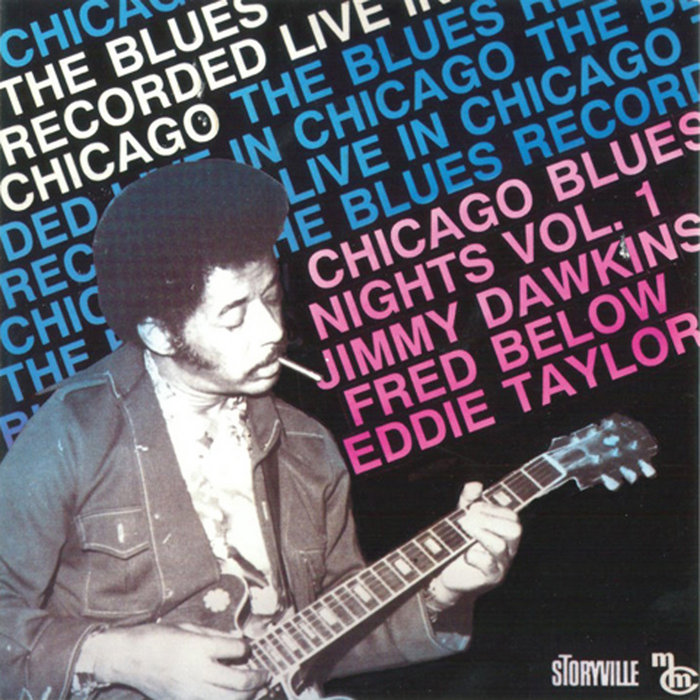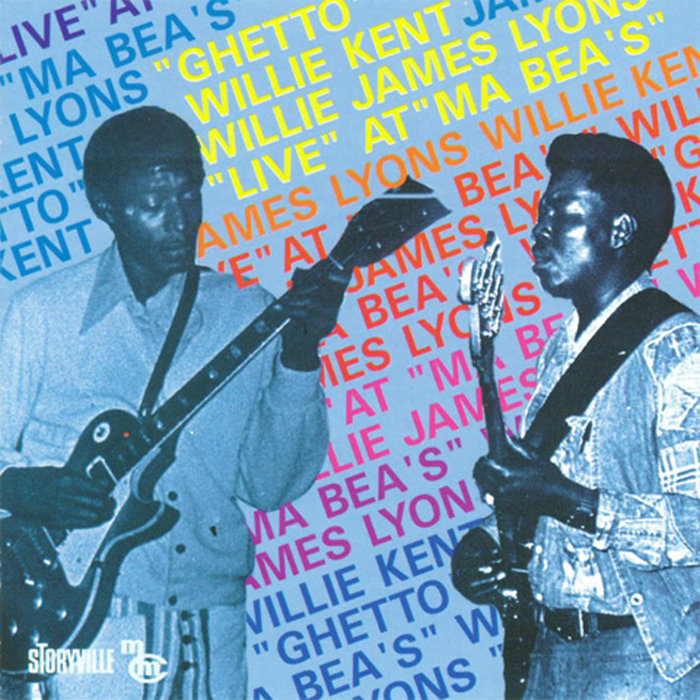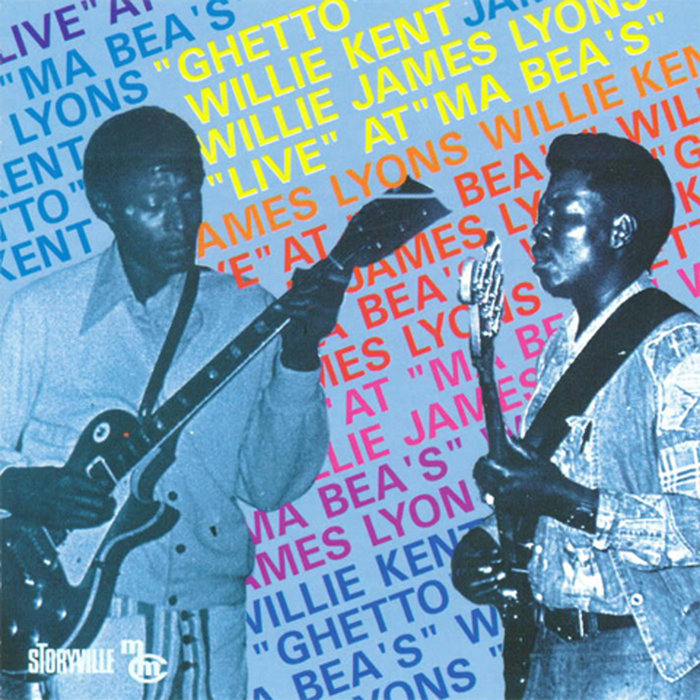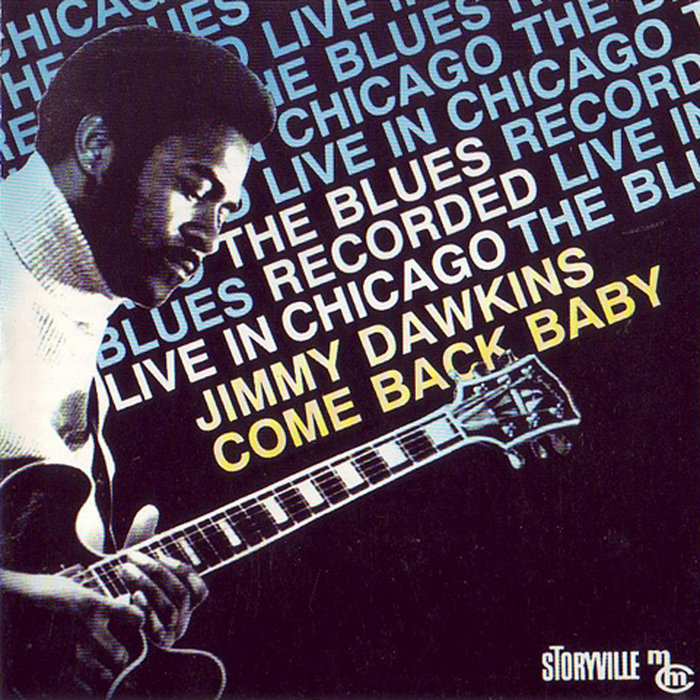
Fuego – Lauren Henderson
this blog is GROOVY – check out great Soul, Funk, Jazz, Hip Hop, Bass, Breaks , Reggae, House n many more TUNES
Welcome, cats and kittens! Let’s take a delightful dive into the tantalizing world of bebop jazz. It’s a wild ride filled with intricate rhythms, unexpected turns, and some downright hilarious moments. So grab your horn or just kick back and enjoy as we groove through the history of this vibrant genre.
Bebop emerged in the 1940s as a rebellion against the predictable swing music that had dominated jazz up until then. With its complex chords and fast tempos, bebop was all about improvisation—musicians started playing for themselves rather than just for dancers at clubs. This wasn’t about easy listening; it was an intellectual approach to music that packed a punch!
The bebop movement was led by some exceptionally talented musicians. Among them were:
Charlie Parker: Known as “Bird,” Parker was the kingpin of bebop—a saxophonist whose solos flew faster than a New York cab during rush hour.
Dizzy Gillespie: With his trademark bent trumpet and cheek-puffing prowess, Dizzy brought humor to the scene while also being one of its most innovative composers.
Thelonious Monk: If there ever was an eccentric genius in jazz, Monk was it. His style on piano could make you scratch your head—and then get up to dance! He also had some peculiar habits; once he commented he couldn’t even play “Happy Birthday” without adding his own twist!
Now let’s add some spice (pun intended) to our history! One night in 1949 at Minton’s Playhouse—a hub for late-night jam sessions—Dizzy Gillespie famously threw salt all over Bird’s food while they were jamming away on stage. Why? Because Dizzy thought Bird played better when he felt salty! Talk about taking seasoning seriously!
Bebop wasn’t merely about music; it became part of a wider cultural revolution. It spoke volumes about artistic freedom during times ravaged by war and societal constraints in America after World War II.
Musicians would gather in smoky bars like Minton’s Playhouse or Café Society, where innovation flowed thicker than coffee at dawn—the conversations were every bit as spicy as their music jams! But hey—that didn’t mean they took themselves too seriously; no sirree!
There is this story circulating around Charlie Parker tossing back tonic water like there’s no tomorrow because he believed it made him play better. Apparently, after one intense session fueled by way too much tonic water (or so said those nearby), someone exclaimed louder than everyone else—“Man, what are you trying to do? Cure malaria?” Guess who laughed last? Just look up his iconic song “Ornithology!”
As bebop chilled out across cities from New York to Los Angeles throughout the ‘50s and ‘60s—it influenced countless styles later down the road, including cool jazz—and even rock-n-roll delved into those fantastical realms created by these pioneering artists.
Some legendary bassists like Charles Mingus entered this era carrying musical savviness alongside comedic flair—a well-known prankster who’d challenge players mid-performance with off-the-wall new directions… just because he could!
Mingus once had an epic showdown with fellow musician Eric Dolphy over which dessert topping deserved more recognition on stage during shows… yes folks — whipped cream became an entire debate subject among giants riffing through compositions! Who knew debates like these could lead to such rich legacy? Perhaps tasty desserts inspired unreleased tunes somewhere down their turbulent paths?
Fast forward today—the roots of bebop can be found dancing across genres left right center—from hip-hop grooves pulling samples straight outta classic bop beats—to film scores layering harmonic complexities birthed under dim-lit lounge lights generations ago.
And let’s not forget how many contemporary musicians still quote or interpret Bird today—you’ll see tributes popping everywhere—even across video games… yes indeed folks—from Mario Kart races featuring smooth saxophone loops inspired directly from Pastoral Masterpieces composed decades earlier—but nowadays often paired with racing karts zoomin’ past Donut Plains!
So here we are at our groovy end note—bebop isn’t just history; it remains forever intertwined within modern culture evolving along quirky threads woven together from spontaneous laughter echoed throughout smoky clubs long gone—but never forgotten.
Next time you’re mellowing out listening—a little Charlie Parker or squeezing Dizzy’s brilliance into your evening routine remember these curly anecdotes behind genius minds whose mischievous antics matched only their impeccable skills—music doesn’t need grandiosity but genuine joyfulness peppered generously should always suffice alongside splendid improvisational tunes playing loud.
Stay jazzy my friends! 🎷✨

Fuego – Lauren Henderson

So Glad You’re Mine – Various Artists

Chili Con Carne – Storyville Records

Ghetto – Storyville Records

Big Duke’s (Live) – Storyville Records